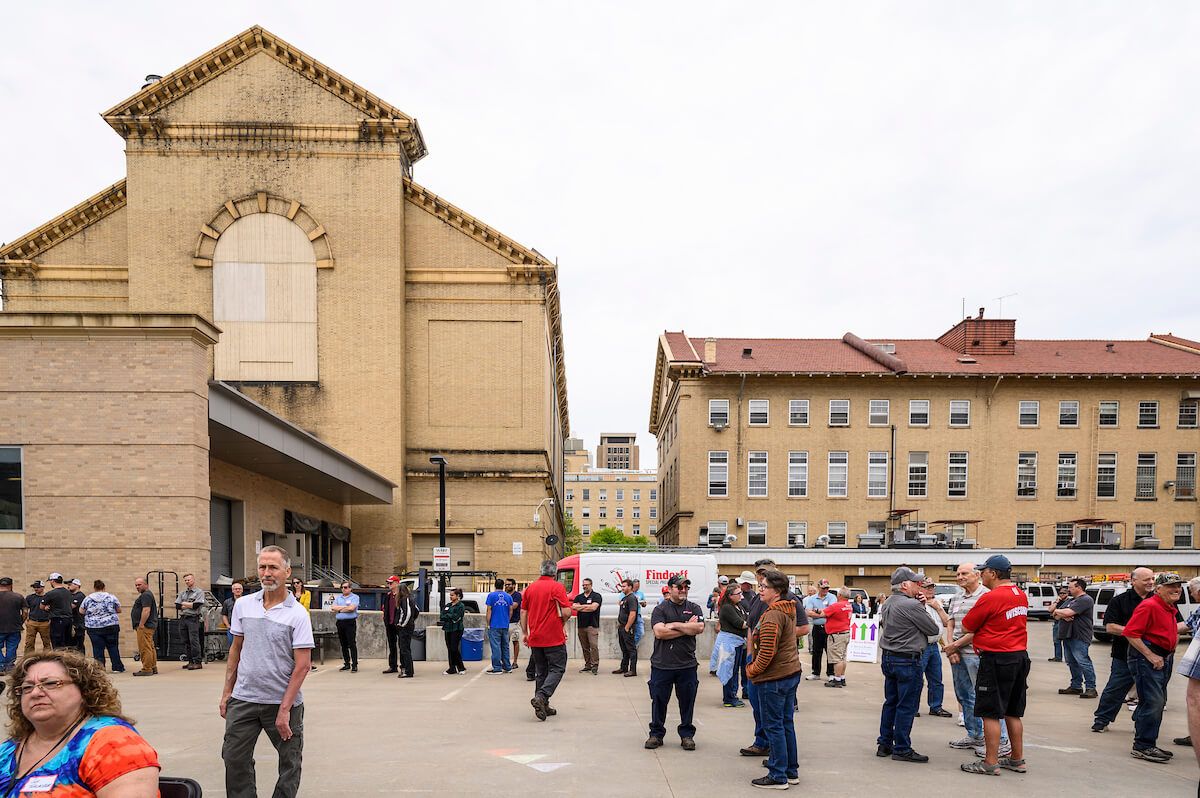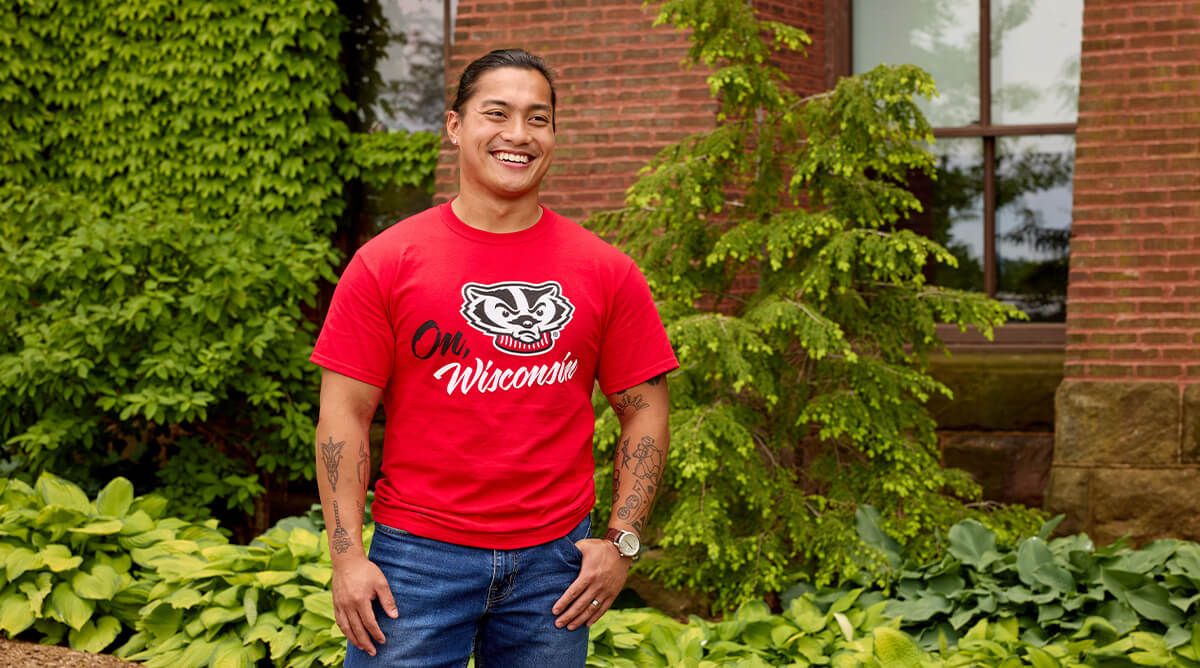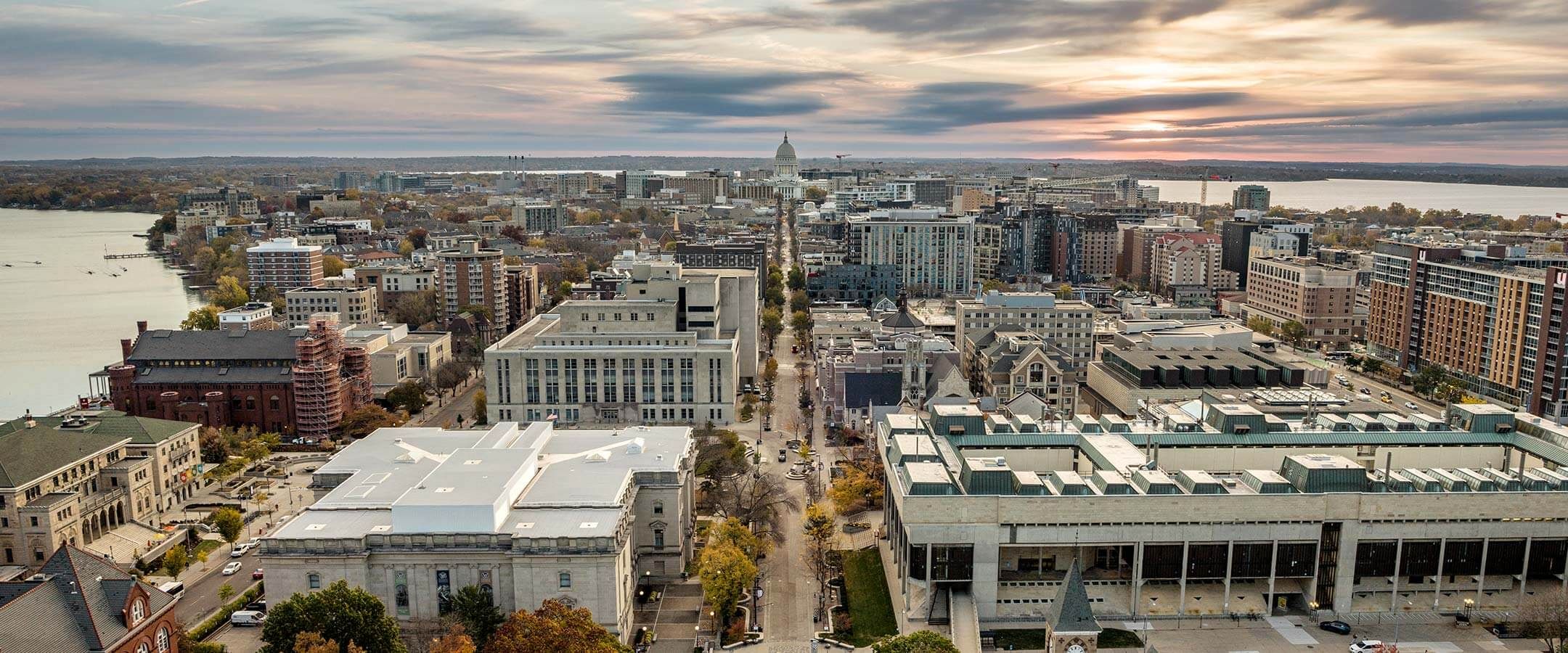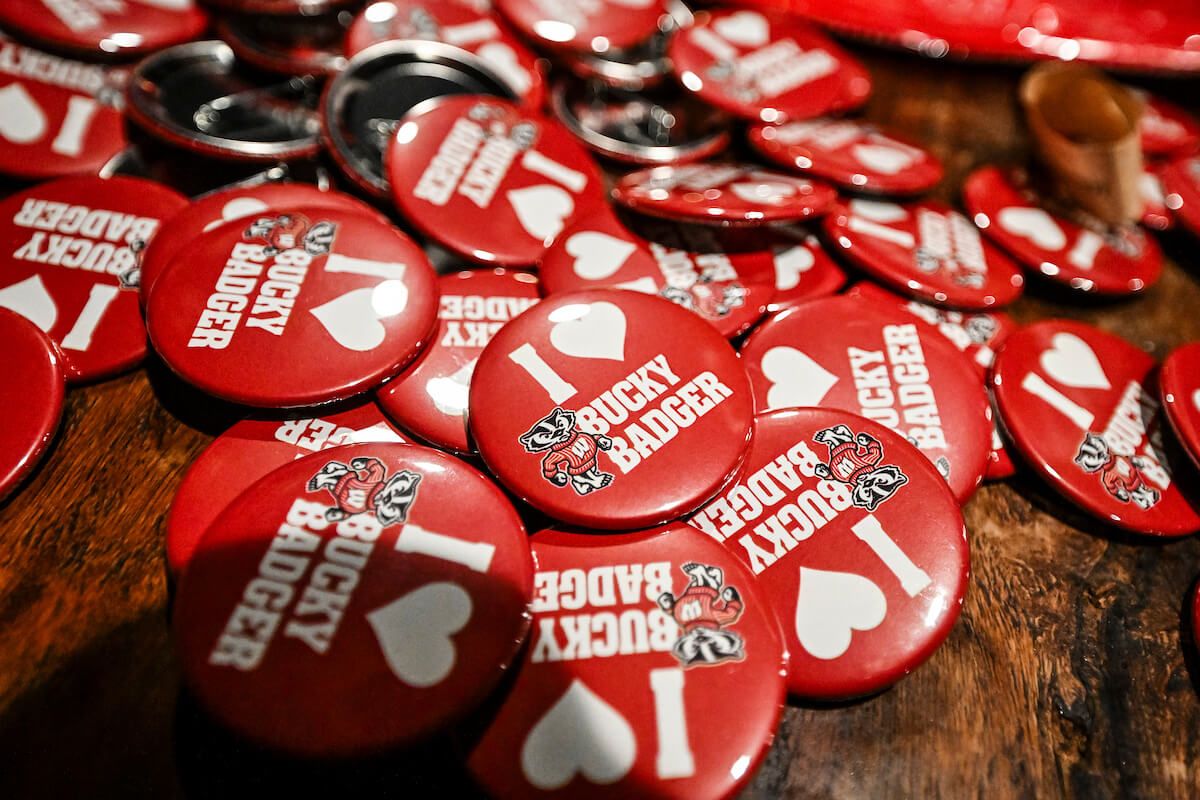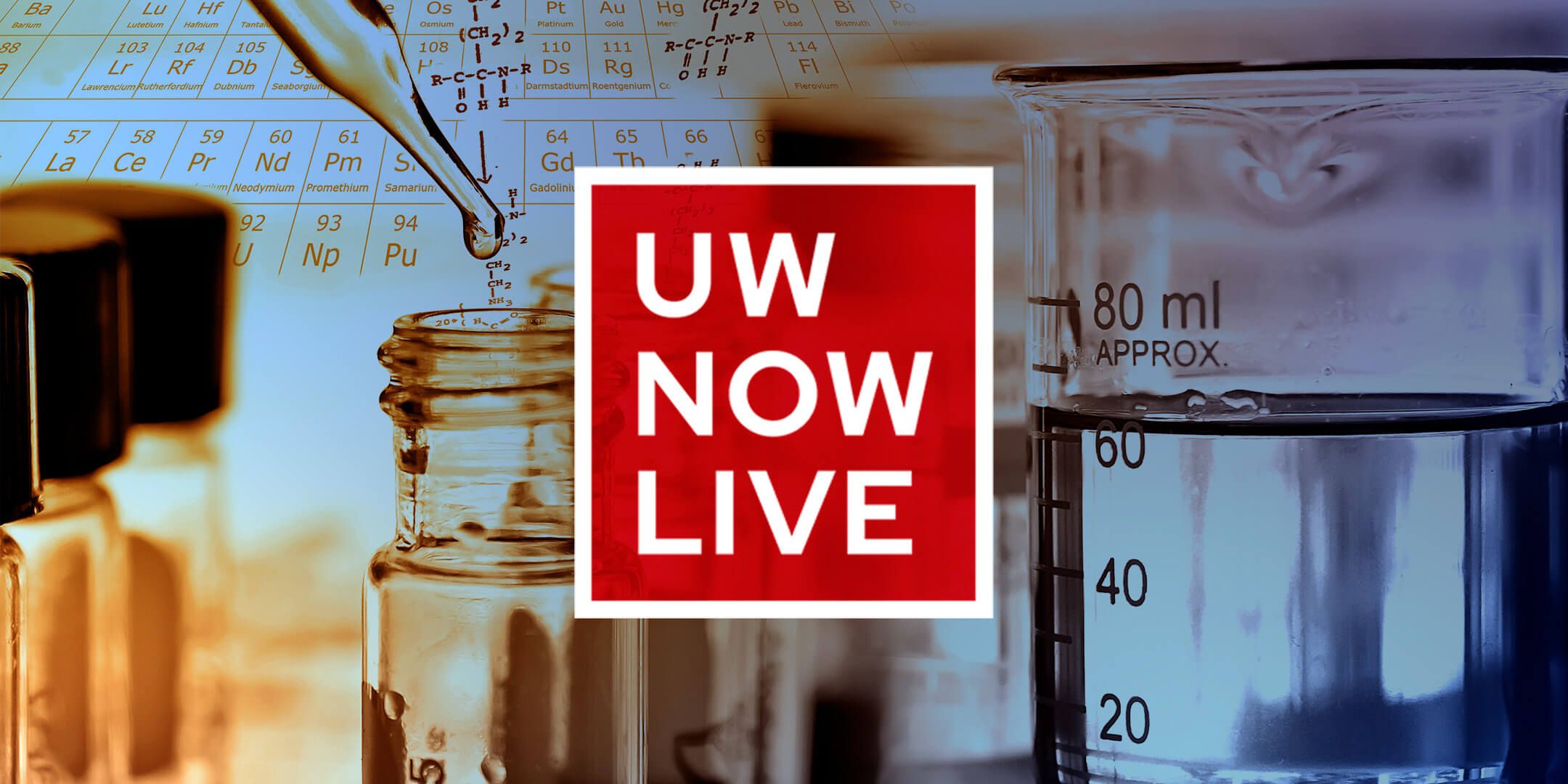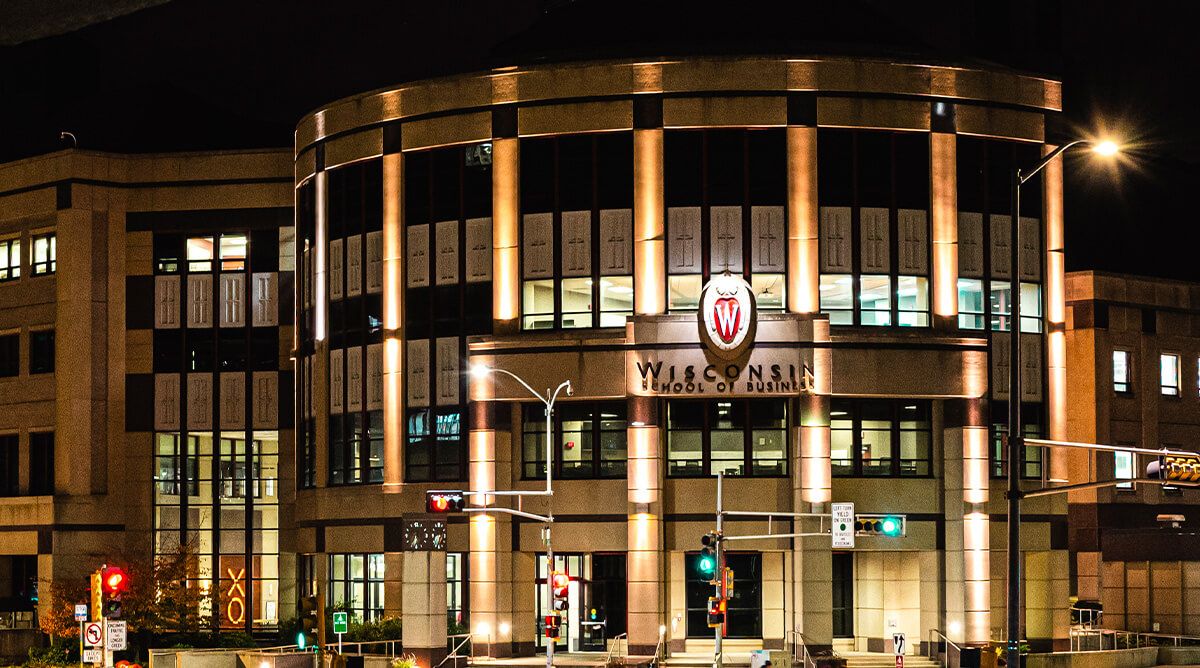“The patients … came in like all the others: feverish, coughing, and short of breath — each one of them afraid, each one of them alone,” says Jesse Charles ’08, MD’14. “I evaluated them, made sure they had water and blankets — anything that could provide them some measure of comfort. I arrived the following day to find them still in the ER because the hospital was so full. Alarms sounding all night, and patients coding around them. Sleep, that most essential of medicines, was completely inaccessible.”
Jesse has seen the worst effects of the COVID-19 pandemic firsthand. An ardent physician whose practice is in tiny Winthrop, Washington, he left home in early April and flew to New York, where the pandemic was most severe, to assist those most in need. By the time he arrived, the Brooklyn Health Center, where he was assigned, had already lost five staff members to the virus. Jesse saw patients die alone, cut off from their families. In the three weeks that he was there, Jesse cared for his patients’ health and also worked diligently to connect them with their loved ones. Although his willingness to go the extra mile couldn’t change the trajectory of the virus, it at least gave them the opportunity to say goodbye.
“This hospital is filled with some of the most dedicated, hardworking people I’ve had the privilege of working with,” shares Jesse. “Unfortunately, it is underfunded and understaffed, even on a good day. With the surge of COVID patients, that only became truer. These were not human failings. They were the failings of a system. This is not the fault of the staff. … No amount of heroism on the part of health care workers can overcome a system which distributes resources so unjustly.”
With a jarring front-row view of the existing poverty and devastating racial inequity, Jesse witnessed how COVID-19 is affecting the disabled, the mentally ill, and communities of color more severely than others.
“This virus has laid bare what we already know to be true: that health and well-being is a luxury in this country, that sickness is a burden we do not share equally, that even without this virus, each year 245,000 people die because of poverty — 175,000 because of racial inequity.”
Jesse and his identical twin, Joel ’08, MPH’12, MD’14, are dedicated doctors and devoted advocates for marginalized communities. Having grown up in a low-income neighborhood in Green Bay, Wisconsin, they became aware, at an early age, of the ways that injustice and public policy combine, leaving some populations more vulnerable than others.
“Most folks live on the edge of catastrophe, where one gust of bad luck or bad policy can push them into ruin,” Joel shares. “My brother and I always had tailwinds that protected us from those effects: an intact family, public health insurance, good public schools, a faith community, scholarships, and mentors. We had a desire to return that benefit to the public, particularly to the most vulnerable. Medicine was a clear way to help, where we could use the best science to serve patients and the power of our white coats to advocate for the larger community in which they live.”
“Having received so much structural support from our
community and government, it was always in my mind to work in some sort of
field that would allow me to serve others. There were other fields that I
considered throughout my education, but medicine is what I always came back to,”
adds Jesse.
These formative experiences led the Charles brothers to focus their career sights
on family medicine. Joel currently splits his time between a clinic in Soldiers
Grove, Wisconsin, and the Vernon Memorial Hospital (VMH) in Viroqua.
“We chose family medicine because we each felt called to care both for individuals and communities,” Joel says. “Taking care of families through the entire spectrum of their lives helps us remember that our patients exist primarily in the community, not just in our exam rooms. That means much of our work as doctors needs to take place in the community. This mindset is particularly useful during a pandemic — when the most important measures to keep people healthy take place outside the four walls of our hospitals and clinics.”
Now the clinical lead on VMH’s COVID response team, Joel’s daily routine has changed since the pandemic migrated to the U.S. Rather than seeing patients at the clinic, his days begin with a status update, checking local and statewide coronavirus case numbers. He also sets aside time for researching best practices of health care facilities both in Wisconsin and around the world so that he and his department leaders can guarantee that they’re supporting aligned efforts.
“My greatest challenge right now,” he says, “is creating a bridge between caring for the health of the patient in front of me and trying to ensure that society as a whole makes decisions that help rather than harm all the patients. COVID-19 has revealed a deep unfairness which has been growing in America for decades.”
Jesse lives in a town of fewer than 400 people. He and three other providers serve patients at a humble clinic that has only four exam rooms and is located an hour from the nearest hospital.
“There is a huge need for rural family medicine doctors in this country, so, in that sense, we were both looking to serve where we were needed,” says Jesse.
While at the UW, the Charles brothers gained a deeply felt belief in the Wisconsin Idea — the philosophy that knowledge generated at the university should be used in service for the benefit of the people. As they advanced in their careers, that belief transformed into a driving force, combining scientific expertise from the university with the local knowledge of other individuals around the state.
“Learning about the social determinants of health helped me realize just how lucky Jesse and I are,” Joel says. “The people of Wisconsin have continually invested in us, first through basic needs like food assistance programs and BadgerCare health insurance, then through quality public schools, and later through FASTrack scholarships to obtain our undergraduate degrees. It’s important that we repay Wisconsinites through service to the public.”
Jesse built a strong educational base in liberal arts and humanities, something he considers essential to understanding the human condition. His recent journey east began with an article he read in the New York Times about the Brooklyn Health Center being in disaster mode. He felt deeply drawn to go where the need was greatest, so when Governor Andrew Cuomo put out a request for doctors to serve in New York, Jesse volunteered without hesitation.
“The most important thing I did in my time in New York was to connect my patients with their families, to treat them as human beings, to acknowledge their suffering, and to work to ease it.”
Joel admits to having complex feelings regarding his twin’s decision. He found the idea of Jesse caring for patients at the epicenter of our nation’s pandemic to be both frightening and profoundly moving.
“His decision to put himself at risk for the good of the community inspired me to reflect on a fundamentally important question: What personal sacrifices am I willing to make?” Joel says. “This pandemic is causing profound suffering concentrated particularly on people of color, the poor, rural folks, and other marginalized communities. In these times, there is a great need for all of us who have been given the privilege of security and the power of leadership to reflect on what sacrifices we can make to be helpful to our neighbors, visible and invisible, both near and far.”
While working in Brooklyn, Jesse witnessed significant socioeconomic and racial disparities in terms of who contracted the virus. He deems his training at the UW essential — without it, he may not have been able to recognize these disparities and understand where they came from. Jesse volunteered knowing that he would likely come away with a great deal of sorrow; however, he was less prepared for the anger he felt upon returning home.
“I hope I can channel it. I hope that America can channel it,” he says. “I hope that this is the start of a new era in our lives. I hope we can take this experience and let it forge us into a stronger people, into a society that remembers that its origins are communal, that we are strongest when we stand for each other rather than ourselves.”
Despite the challenges he faced in New York, and the deaths he witnessed, Jesse also experienced moments of happiness: a pregnant woman previously intubated in the ICU being allowed off oxygen support; her premature baby surviving; “Three Little Birds” playing over the hospital PA system as a recovered ICU patient walked out of the hospital breathing air freely.
In the end, Jesse found solace in the continued care he was able to provide for two patients who were originally on his service in the ER. Once they were transferred to the general medicine floor, he sat with them, in head-to-toe protective equipment, and spoke with them about their lives, their families, and their questions. One patient in particular, a reticent man of color with whom Jesse struggled to connect, took him by surprise.
“On the morning that he walked out of the hospital, he broke down in tears and hugged me, my protective shield pressing against my face,” Jesse says. “He’s the only person I’d hugged, other than my partner, in over a month. We agreed that someday, when the world is right again, I will come back to New York, and we’ll get coffee. Then we will be able to have a real conversation, one where neither of our faces is hidden.”

